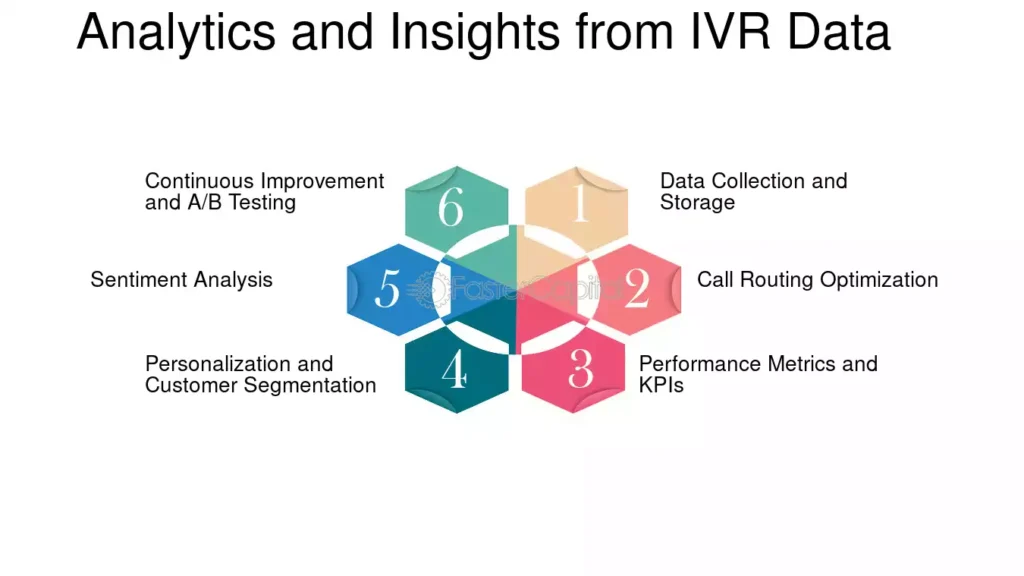In an age where digital transactions are becoming the norm, businesses are continuously seeking innovative solutions to enhance customer experience and streamline payment processes. One such solution that has been gaining traction is IVR payment systems. These systems have redefined the way businesses collect payments, offering a secure, efficient, and user-friendly alternative to traditional payment methods.
What Are IVR Payment Systems?
IVR payment systems (Interactive Voice Response payment systems) are automated platforms that allow customers to make payments over the phone using touch-tone keypads or voice commands. These systems eliminate the need for live customer service representatives, providing a convenient, self-service method for processing transactions.
By integrating with payment processors and CRM systems, IVR solutions ensure seamless, real-time transactions while adhering to stringent security standards such as PCI DSS compliance.
Why Businesses Are Embracing IVR Payment Systems
Many organizations across various industries are leveraging IVR payment systems to optimize their payment processes. Here’s why:
1. Increased Operational Efficiency
Automating payments through IVR minimizes the need for manual intervention, reducing human error and freeing up customer service representatives for more complex inquiries.
2. Enhanced Customer Convenience
Customers can make payments at any time, from anywhere, without waiting in long queues or navigating cumbersome web portals. IVR payments cater to a mobile-first audience that values efficiency.
3. Superior Security and Compliance
IVR payment systems utilize encryption, tokenization, and secure authentication protocols to protect sensitive customer data. Compliance with PCI DSS ensures that businesses maintain high security standards to mitigate fraud risks.
4. Cost Savings for Businesses
Reducing the reliance on human agents for payment processing translates into significant cost savings for businesses. Lower operational costs allow organizations to allocate resources toward growth initiatives.
5. Scalability Across Industries
From financial institutions and healthcare providers to utility companies and government agencies, IVR payments are widely adopted across industries that require efficient, automated billing solutions.
How IVR Payment Systems Work
The functionality of IVR payment systems is designed to be seamless and intuitive:
- Customer Initiates a Payment Call: The customer dials a designated IVR number provided by the business.
- Authentication & Verification: The system prompts the customer to enter an account number, phone number, or other verification credentials.
- Payment Input: The customer selects a payment method and enters the necessary payment details.
- Transaction Processing: The IVR system securely processes the payment in real time.
- Confirmation & Receipt: The system provides immediate confirmation via a voice message, SMS, or email.
Industries Benefiting from IVR Payment Systems
- Healthcare: Patients can pay medical bills without visiting clinics.
- Banking & Finance: Customers can make credit card and loan payments effortlessly.
- Telecommunications & Utilities: Bill payments are streamlined for electricity, water, and internet services.
- Retail & eCommerce: Order payments, subscriptions, and refunds are efficiently managed.
Challenges in Implementing IVR Payment Systems
While IVR payment systems offer numerous benefits, businesses must navigate certain challenges:
- Customer Adaptation: Some users may be hesitant to trust automated payment methods.
- Technical Limitations: Poorly designed IVR interfaces can frustrate users if not optimized properly.
- Regulatory Compliance: Businesses must ensure strict adherence to financial security regulations.
Best Practices for Implementing IVR Payment Systems
For businesses considering the adoption of IVR payment systems, here are some best practices:
- Ensure a User-Friendly Interface: Keep voice prompts simple and easy to understand.
- Prioritize Security: Implement encryption and comply with PCI DSS standards.
- Provide Alternative Payment Methods: Allow customers to switch to live agents if needed.
- Regularly Test the System: Continuous optimization helps improve performance and usability.
- Integrate with Omnichannel Payments: Connect IVR payments with online and mobile payment solutions.
Future Trends in IVR Payment Systems
As technology advances, IVR payment systems are evolving to provide even more sophisticated functionalities:
- AI-Powered IVR: AI-driven IVR systems enhance interactions with natural language processing.
- Voice Biometrics for Authentication: Secure transactions with voice recognition technology.
- Blockchain Security Integration: Blockchain solutions are being explored to enhance security and transparency in IVR payments.
- Seamless Integration with Mobile Apps: Future IVR systems will integrate with mobile wallets and digital payment platforms for a unified customer experience.
Conclusion
IVR payment systems are transforming the way businesses manage transactions, offering a cost-effective, secure, and customer-centric solution. With their ability to improve efficiency, enhance security, and provide 24/7 accessibility, IVR payments are becoming an essential tool for businesses looking to modernize their payment processes.
As digital transformation continues to shape the financial landscape, businesses that implement IVR payment solutions will gain a competitive edge, ensuring seamless transactions and improved customer satisfaction. Now is the time for businesses to embrace IVR technology and optimize their payment infrastructure for a future-ready approach.



